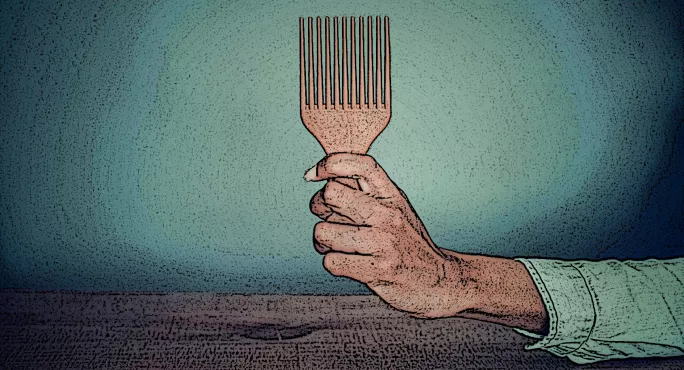Pupils should not be “unfairly singled out” at school because they have certain hairstyles, including Afros and head coverings, the equalities watchdog has said.
The Equality and Human Rights Commission (EHRC) said policies that ban certain hairstyles without making exceptions on racial grounds “are likely to be unlawful”.
This includes styles such as Afros, braids, cornrows, plaits, locks and head coverings.
The watchdog has issued new guidance to help schools in England, Scotland and Wales ensure that their policies on hair are not unlawfully discriminatory.
This guidance applies to all forms of discrimination based on hair but focuses on race “because of the disproportionate impact upon pupils from specific racial groups”.
Jackie Killeen, chief regulator at the EHRC, said: “Discrimination based on hair can have serious and long-lasting consequences for victims and their families.
“As Britain’s equality regulator, we want to put a stop to pupils being unfairly singled out for their appearance in schools.
Schools taken to court over hairstyle policies
“That’s why, after working closely with experts and those directly affected, we are launching these practical resources to help school leaders understand the law in this area and prevent discrimination from happening.
“Every child deserves to be celebrated for who they are and to thrive in school without having to worry about changing their appearance to suit a potentially discriminatory policy.”
The guidance cites real-life examples of when schools were taken to court over their policies on hair.
The policy of one school, which banned boys from having certain hairstyles, including cornrows, was found by a court to be indirectly discriminatory after it was challenged by a pupil.
The EHRC also cited the legal case it funded for Ruby Williams, a pupil who was repeatedly sent home from school because of its policy that banned Afro hair of excessive volume.
The watchdog secured a legally binding agreement with the school to ensure that it ended the discriminatory policy and considered factors such as race and religion when determining what a “reasonable” hairstyle was.
L’myah Sherae, founder and chief coordinator of the All-Party Parliamentary Group (APPG) for Race Equality in Education, said: “No child should be sent home from school for wearing their natural hair, which is why our APPG wrote to the EHRC in October 2021 to highlight the need for new, strengthened guidance.
“We want black children across the UK to know that they can be genuinely proud of their identity, not penalised for it.
“I am therefore pleased that this guidance is now being published, and I am proud to have been involved in the drafting process.”




